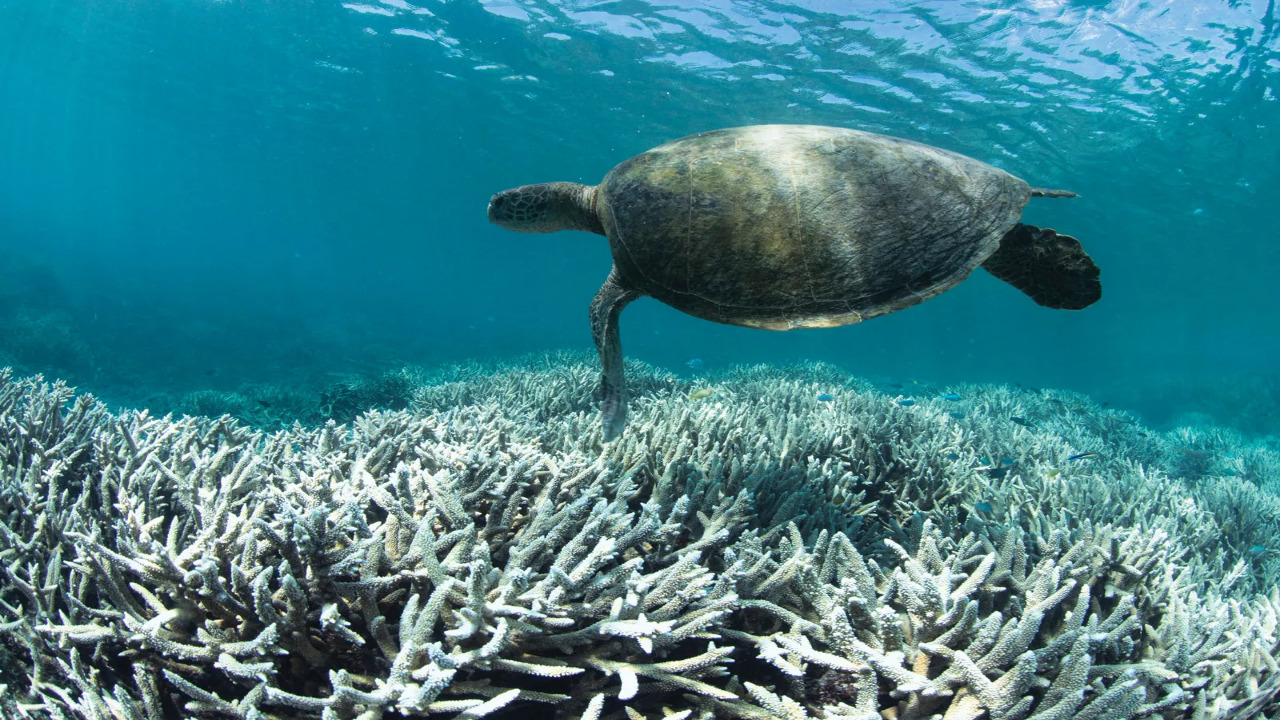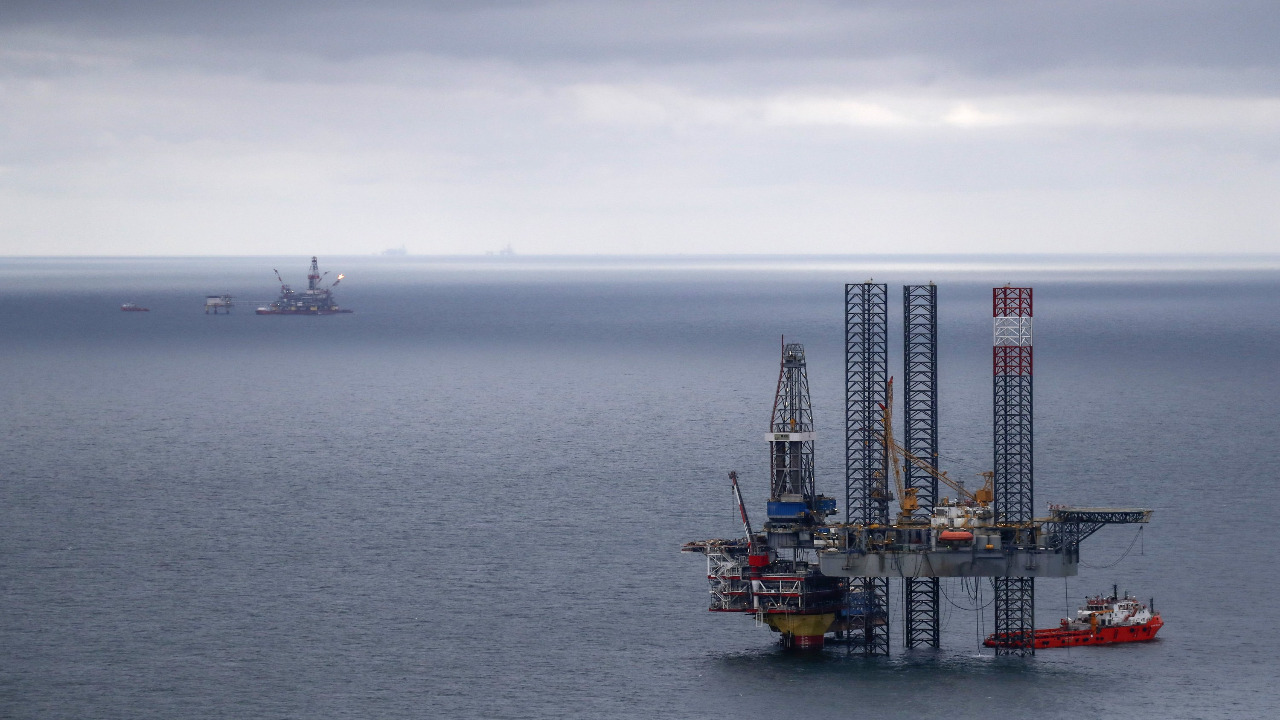The Caspian Sea, often referred to as a sea due to its immense size and saltwater content, is actually the world’s largest enclosed body of water. Bordered by five countries – Russia, Kazakhstan, Turkmenistan, Iran, and Azerbaijan – this remarkable geographical feature has fascinated scientists, historians, and travelers for centuries. Its vastness, unique geography, and distinctive ecosystem have contributed to its reputation as a natural wonder.
Ecological Diversity and Environmental Concerns

Beyond its grandeur, the Caspian Sea boasts incredible ecological diversity. The sea is home to a wide range of species, some of which are found nowhere else on Earth. One of the most renowned associations with the luxurious taste of caviar from Caspian Sea that comes from its sturgeon population. The sturgeon, a prehistoric fish, produces the highly prized delicacy that has delighted palates around the world for centuries.
However, the Caspian Sea’s unique ecosystem faces considerable environmental challenges. Pollution from industrial and agricultural activities, as well as climate change, has put pressure on the fragile balance of its aquatic life. Efforts to protect and conserve the Caspian Sea’s biodiversity have gained importance, with regional collaboration playing a pivotal role in addressing these concerns.
Historical Significance and Economic Resources

The Caspian Sea has played a significant role in the historical development of the civilizations surrounding it. Ancient trade routes crossed its shores, connecting the East and West. The sea’s resources, including fish, salt, and oil, have been integral to the livelihoods and economies of the countries bordering it for centuries.
The mention of the luxurious taste of caviar from the Caspian Sea triggers thoughts of opulence and indulgence. Caviar has been sought after by connoisseurs for its exquisite flavor and delicate texture. However, overexploitation of sturgeon for caviar production has led to conservation concerns, highlighting the need for sustainable practices to preserve this culinary treasure for future generations.
Geopolitical Importance and Legal Complexities

The geopolitical significance of the Caspian Sea cannot be overstated. The sea’s vast energy reserves, particularly oil and natural gas, have elevated it to a critical strategic point on the global map. The legal status of the Caspian Sea has been a complex issue due to disagreements among the countries sharing its shores. Decades of negotiations led to the signing of the Convention on the Legal Status of the Caspian Sea in 2018, aiming to define the maritime boundaries and facilitate cooperation among the littoral states.
Conclusion
In conclusion, the Caspian Sea stands as a fascinating blend of geographical wonder, ecological diversity, historical importance, and geopolitical complexity. Its unique features and resources have shaped the destinies of the nations that surround it, and its conservation remains a global priority. As we continue to learn more about this enigmatic body of water, it is imperative that we appreciate its beauty, preserve its ecology, and navigate the legal intricacies that define its status on the world stage.
